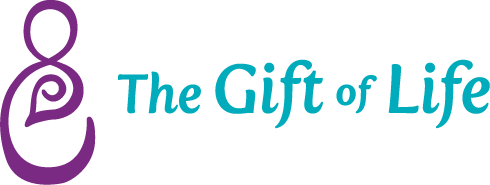You can reduce the risk of Sudden Infant Death Syndrome (SIDS) and Other Sleep-Related Causes of Infant Death
Always place baby on his or her back to sleep, for naps and at night, to reduce the risk of SIDS.
Use a firm and flat sleep surface, such as a mattress in a safety-approved crib*, covered by a fitted sheet with no other bedding or soft items in the sleep area.
Share your room with baby. Keep baby in your room close to your bed, but on a separate surface designed for infants, ideally for baby’s first year, but at least for the first 6 months.
Do not put soft objects, toys, crib bumpers, or loose bedding under baby, over baby, or anywhere in baby’s sleep area.
To reduce the risk of SIDS, women should:
Get regular prenatal care during pregnancy.
Avoid smoking, drinking alcohol, and using marijuana or illegal drugs during pregnancy or after the baby is born.
Do not smoke during pregnancy, and do not smoke or allow smoking around your baby or in your baby’s environment.
Think about giving your baby a pacifier for naps and nighttime sleep to reduce the risk of SIDS.
Do not let your baby get too hot during sleep.
Breastfeed your baby to reduce the risk of SIDS.
Breastfeeding has many health benefits for mother and baby. If you fall asleep while feeding or comforting baby in an adult bed, place him or her back in a separate sleep area as soon as you wake up.
Follow guidance from your health care provider on your baby’s vaccines and regular health checkups.
Avoid products that go against safe sleep recommendations, especially those that claim to prevent or reduce the risk for SIDS.
Do not use heart or breathing monitors in the home to reduce the risk of SIDS.
Give your baby plenty of tummy time when he or she is awake and someone is watching.
For more information about Gift of Life Safe Sleep Sundays Project and/or to request a safe sleep demonstration for your organization, call our Marketing and Community Outreach Office at (334) 273-7800 or email: mdavis@golfound.org.
Additional information is available on the Eunice Kennedy Shriver National Institute of Child Health and Human Development’s Safe to Sleep® website: http://safetosleep.nichd.nih.gov
* A crib, bassinet, portable crib, or play yard that follows the safety standards of the Consumer Product Safety Commission (CPSC) is recommended. For information on crib safety, contact the CPSC at 1-800-638-2772 or http://www.cpsc.gov.
What Does A Safe Sleep Environment Look Like? Download a free safe sleep resource.
Safe Infant Sleep education is provided through Gift of Life's Community Action Network (Consortia). To schedule a presentation, contact Mona Davis, CAN Coordinator, at (334) 399-0158 or email mdavis@golfound.org.
For more information, or to schedule a presentation or outreach table at your place of worship or community event, email Mona Davis, CAN Coordinator at mdavis@golfound.org.





